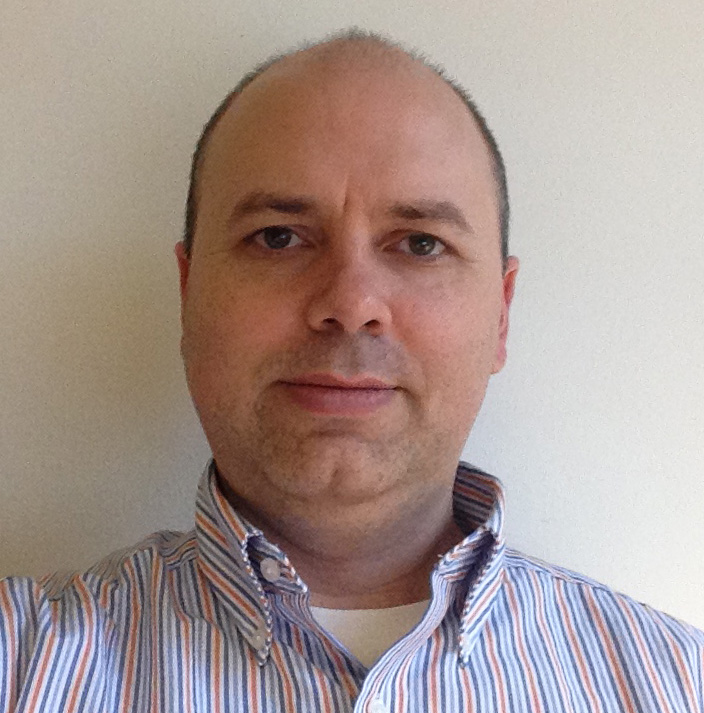
The current standard of care for HIV patients is antiretroviral therapy (ART). ART is lifesaving and life improving, but ART is also a lifelong commitment. If ART is interrupted, then HIV disease resumes due to the latent HIV reservoir where latency is defined as a reversibly nonproductive state of infection of individual cells that retain the capacity to produce infectious virus particles. Currently, there is a major effort by scientists to develop HIV cure approaches also known as HIV eradication interventions designed to destroy the latent HIV reservoir. The latent HIV reservoir is challenging to eradicate because latent HIV persisting as replication competent, transcriptionally silent provirus must be activated before it can be targeted for destruction. This Jens Christian Skou Fellowship project is focused on HIV latency in the intestines. Because the intestines are a site of major HIV-induced pathologies, understanding the intestinal HIV reservoir is an essential prerequisite for the successful tissue of targeting latency activating agent such that HIV eradication can be achieved.
The OVERALL PROJECT AIM is to characterize the intestinal latent HIV reservoir in patients undergoing ART. To accomplish this goal, CD4+ T cell subsets isolated from intestinal biopsies will be assayed for the presence of replication competent latent HIV. Completing this project will fill a critical knowledge gap regarding the systemic nature of the latent HIV reservoir and progress the field towards a cure for HIV infection.
Project title:
HIV Latency in the Gastrointestinal Tract
Area of research:
Medical Sciences
Fellowship period:
1 Feb 2014 – 31 Jan 2015
Fellowship type:
Jens Christian Skou fellow

This fellowship has received funding from The Aarhus University Research Foundation.